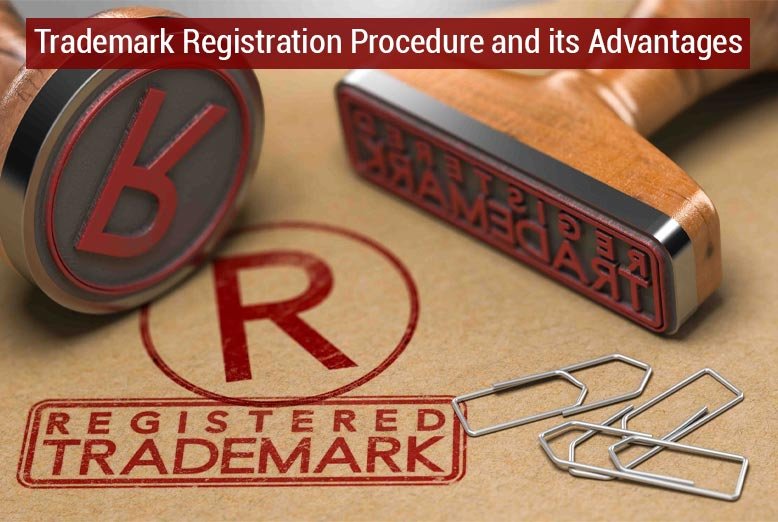Reselling hand tools can be a lucrative endeavour, particularly if you specialise in high-quality products and understand market dynamics. This article outlines essential considerations for reselling hand tools, including sourcing, market analysis, and effective strategies for customer engagement.
Sourcing High-Quality Hand Tools
The quality of hand tools you offer significantly impacts your success in the reselling market. Sourcing tools from reputable brands ensures that you provide products that meet customer expectations.
For instance, Estwing hand tools are renowned for their exceptional durability and precision, making them a preferred choice among professionals. In contrast, brands like GearWrench or Craftsman may not offer the same level of robustness or reputation, which can affect their market appeal.
Understanding Market Demand
Understanding your target market is crucial for successful reselling. Conduct thorough market research to identify popular tools and emerging trends. Look for tools that cater to a broad range of applications and are known for their quality. By staying informed about customer preferences and industry developments, you can better tailor your inventory to meet market demands.
Pricing Strategies
Setting the right price for your hand tools is essential for profitability. Your pricing strategy should reflect the quality of the tools and provide a reasonable profit margin. While it is tempting to offer lower prices to attract buyers, ensure that you cover costs and account for the value provided. High-quality tools may justify a higher price point due to their superior build and performance.
Marketing and Promotion
Effective marketing is key to driving sales and increasing brand awareness and visibility. Utilise various channels, such as online platforms, social media, and industry events, to promote your products. Highlight the unique features and benefits of the tools you offer. For example, emphasising durability and craftsmanship can attract professionals looking for reliable equipment. Special promotions or discounts can also incentivise customers to make a purchase.
Customer Service and Support
Providing excellent customer service can set you apart from competitors and foster customer loyalty. Offer clear and accurate product information, respond promptly to inquiries, and address any issues or concerns. Building strong relationships with customers can lead to repeat business and positive referrals. Consider offering warranties or guarantees to further enhance customer trust.
Managing Inventory and Logistics
Efficient inventory management and logistics are crucial for smooth operations. Keep track of stock levels to prevent overstocking or running out of popular items. Implement an effective system for managing orders and shipments. Timely delivery and accurate fulfilment contribute to customer satisfaction and a positive reputation.
Evaluating Performance and Adjusting Strategies
Regularly review your business performance to identify areas for improvement. Analyse sales data, customer feedback, and market trends to make informed decisions. Adjust your strategies as needed to remain competitive and adapt to changing market conditions. This may include expanding your product range, refining your marketing approach, or adjusting pricing strategies.
Maximising Profitability
Reselling hand tools requires a strategic approach that balances quality, market understanding, and effective management. By focusing on high-quality brands like Estwing, you can offer products that meet the needs of professionals and enhance your business’s reputation. Stay informed about market trends, implement effective pricing and marketing strategies, and provide excellent customer service to maximise your profitability.
Also Read: Five safety benefits of cordless tools on construction sites















